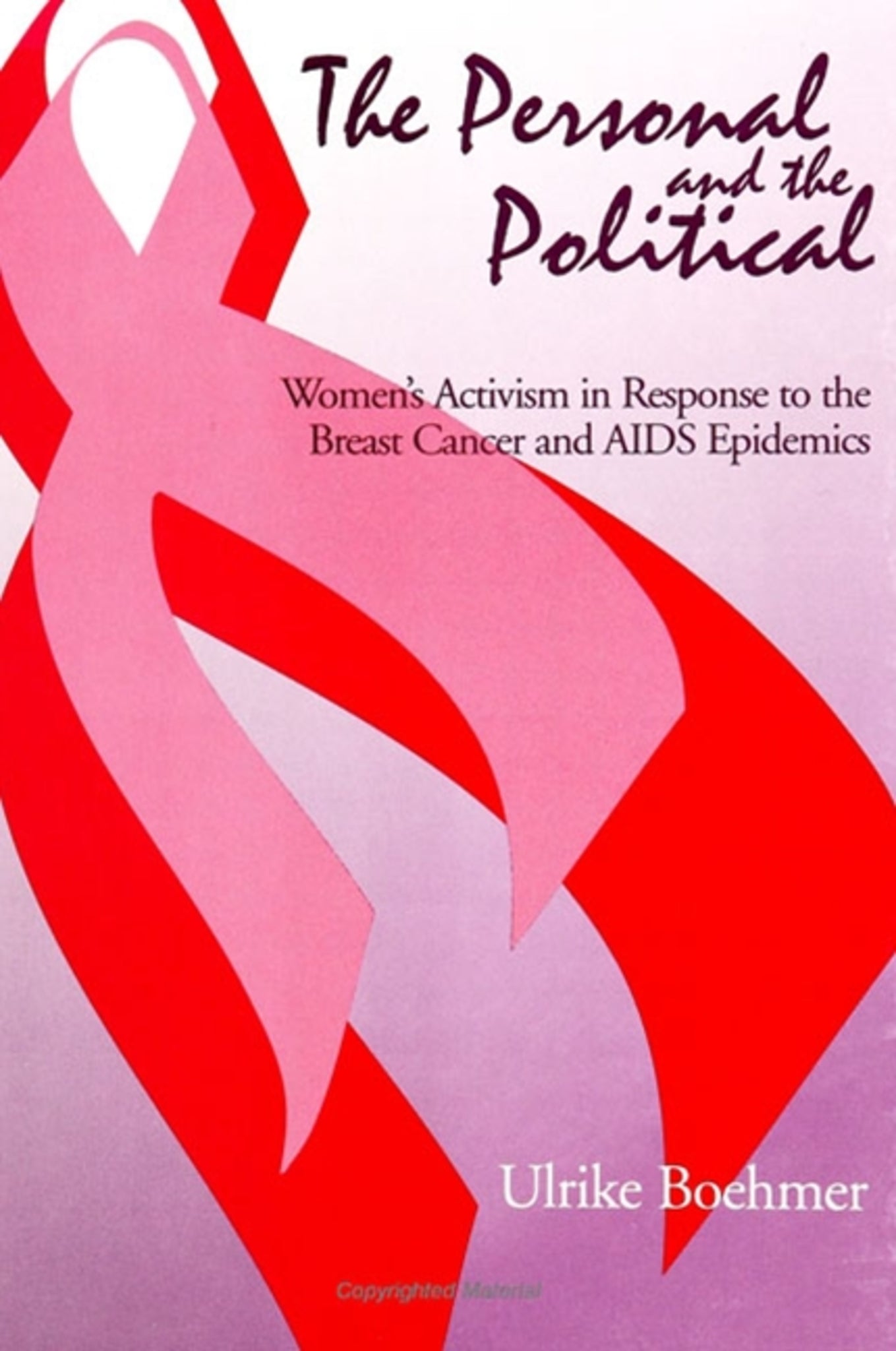We're sorry. An error has occurred
Please cancel or retry.
The Personal and the Political

Some error occured while loading the Quick View. Please close the Quick View and try reloading the page.
Couldn't load pickup availability
- Format:
-
11 May 2000

An in-depth consideration of women's activism in the AIDS and breast cancer movements.
Drawing on the experiences of thirty-seven diverse women who are active in the AIDS and breast cancer movements, The Personal and the Political provides an in-depth look at the social and political dimensions of AIDS and breast cancer within the context of social movement and feminist theories. While it is generally assumed that activists' reasons for getting involved in either the AIDS or breast cancer movements differ, Boehmer uncovers similarity in women's motivations, finding that activism depends on both a personal and a political link to the disease. The work pays particular attention to diversity issues such as race, class, and sexual orientation and explores the women's motivations, how they view their activism, and how their activism relates to their identities. The author lets the women speak for themselves, interspersing their voices throughout the text. The book highlights similarities and differences between the activists in both movements and between the movements themselves, offering some intriguing conclusions.


"The aspect of the book that I like the most is the author's examination of a very important, neglected area of collective action. Both breast cancer and AIDS activism merit more scholarly attention, and this piece provides us with important insight into these areas. The book will be useful not only for academics but also social change agents." — Brett C. Stockdill, California State Polytechnic University–Pomona
Acknowledgments
Introduction
1
A History of AIDS and Breast Cancer Activism
2
Activism and Activists: Definitions and Selection Criteria
3
Two Worlds: The Political Culture of AIDS and Breast Cancer Activism
3.1 New Activists
3.2 Activists with Political Experience
4
The Personal and the Political
4.1 Diagnosis
4.2 Community Activism
4.3 Political-Ideological Approach
5
Collective Identity Processes about Sexuality and Gender
6
Diversity and Movement Strategies
7
Conclusion
Appendix: Sample
Notes
References
Index



